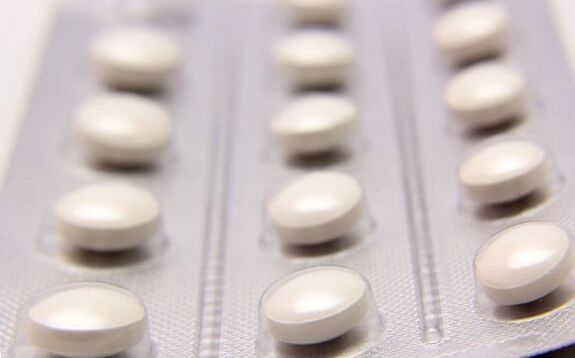
In life, there are often situations where we have to take antibiotics and are invited to a celebration party. So the question is whether it is okay to drink alcohol while on antibiotics, especially in such acute cases. Below we will provide complete information on this matter.
Treatment with antibacterial drugs is indicated in some cases of bacterial infections and, less often, fungal infections. It is important to remember that antibiotic treatment should never be interrupted. Its duration can vary, depending on the type of disease and its severity (from 3-7 days or more). The thought that it is necessary to "cut off" the festive life and not accept invitations to any meals frightens many people. But in reality, things are not so scary.
If you approach this problem competently, from a medical point of view, then you can attend lavish parties with loved ones and treat with antibiotics.
Golden rule: always drink in moderation.
Of course, under certain conditions described below, you can combine alcohol with antibiotics. But when prescribing antibiotics, you need to be careful not to let your body load too much alcohol into the body. In any case, ethanol gets inside you, and all your defenses will be thrown into the fight against it. And in the case of, for example, a protracted illness, these forces can be the last. Immunity will be further weakened, and recovery will be delayed for the boundless future. And in some cases describedbelow, possibly even death.
The myth of compatibility with antibiotics and alcohol
Most likely, horrifying stories that it was impossible to combine antibacterial drugs and alcohol, began to circulate shortly after the Second World War. At the time, venereal clinics were simply overwhelmed with soldiers and officers who had to put all the hardships of military life on their shoulders.
Doctors then banned their patients from drinking alcohol during antibiotic treatment, but not because of the health harm from mixing this drug, but for a very trivial reason - after taking a single dose of the drug. glass, a soldier could "go all out" and get a new one. genital infections.
According to another version, the ban was introduced due to the high labor costs of receiving penicillin, which, strangely, evaporated from the urine of treated servicemen. So, in order to get a medically pure drug, they were forbidden to drink beer for the duration of their treatment.
Since then, the theory of the dangers of mixing alcohol with antibiotics has become popular among people, and many people still think that they cannot be combined. But what is the opinion on this matter of evidence-based medicine?
Research facts
It is known that at the end of the 20th century - the beginning of the 21st century, a number of studies were carried out on the effect of ethanol on antibacterial drugs. Experiments were performed on both laboratory animals and human volunteers. The results showed that most antibiotics were not affected by alcohol consumption.
All investigated antibiotics were effective in both control and experimental groups, with no global deviations in physicochemical reactions (distribution of drug throughout the body, mechanism of absorption and excretion of drugs). rotting products).
However, it is hypothesized that alcohol increases the negative effects of antibacterial drugs on the liver. But in the scientific medical literature, cases describing such a situation are quite rare (up to 10 cases per 100, 000), and no special research has been done in this area.
Antibiotics are incompatible with alcohol
There are a number of antibacterial drugs that interact with alcohol and produce very unpleasant symptoms - known as disulfiram-like reactions in medical practice.
This reaction occurs during the chemical interaction of ethanol and some specific antibiotic molecules, thereby altering the metabolism of ethyl alcohol in the body and the accumulation of acetaldehyde observed.
Signs of acetaldehyde poisoning:
- Vomiting, nausea.
- Severe headache.
- Cramps in hands and feet.
- Increase heart rate.
- His breathing was labored, interrupted.
- Fever and redness of the chest, face, and neck.
In such cases, when drinking alcohol in large doses, it can lead to death!
All of the above symptoms are very difficult for a person, so a disulfiram-like reaction is used in many medical clinics in the treatment of alcoholism (the so-called "coding").


























